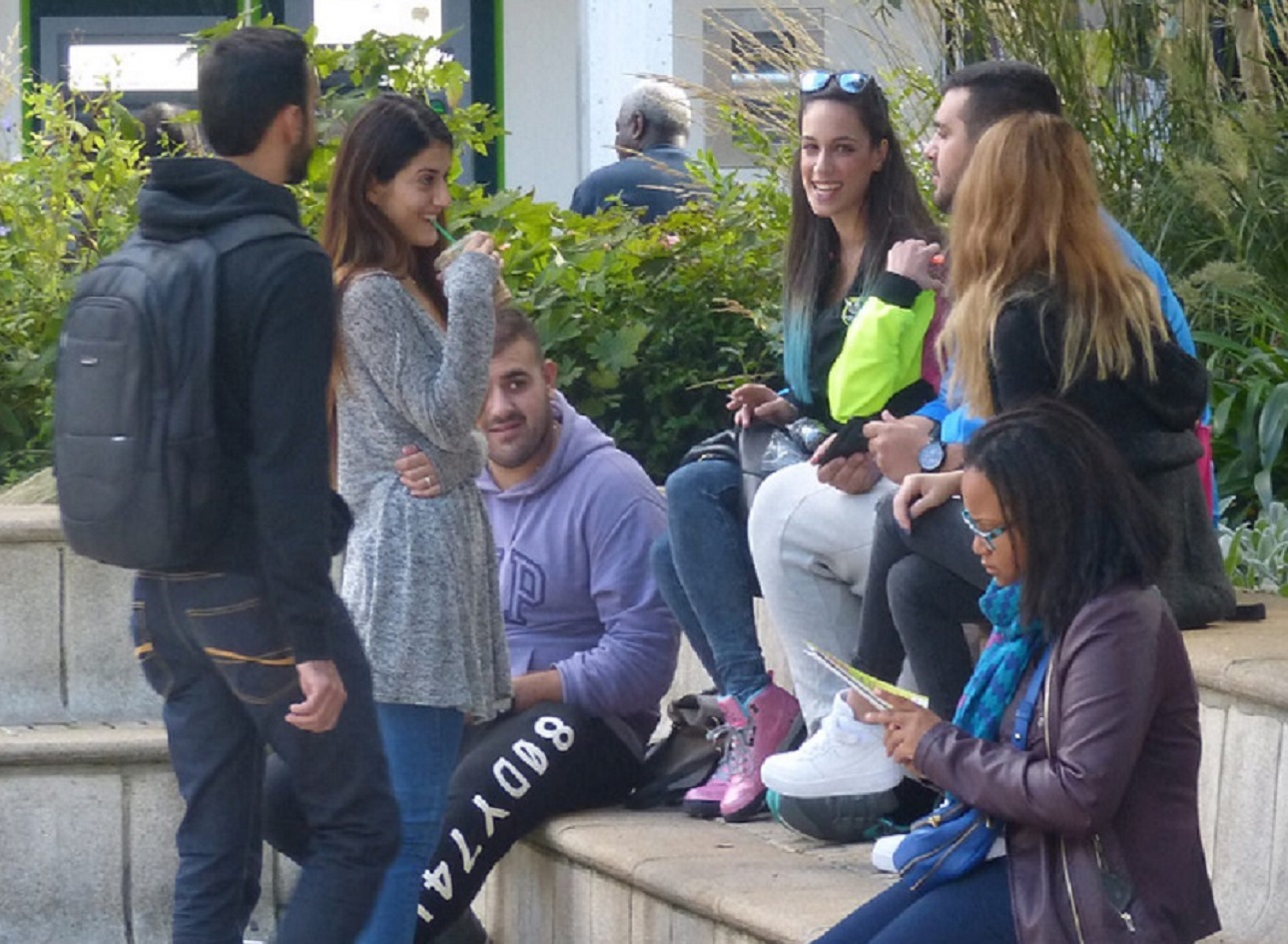Together with my colleagues Adeline Delavande and Emilia Del Bono, I have spent the last three years almost continuously collecting data for the BOOST2018 project, a longitudinal survey of undergraduates still (just about!) in progress at a UK university. On 13th-14th June we will host a MiSoC academic workshop on the Economics of Higher Education here at ISER at the University of Essex. For us, this workshop represents an opportunity (finally!) to focus on the research questions that this project opens up, though we are confident that this merely scratches the surface of the opportunities this resource will offer in the future.
The increasing proportion of young people gaining a university education is undoubtedly driving changes in society as a whole, and it is important for the MiSoC programme to understand how and why. One possible mechanism is through people mixing with different groups of peers, who they otherwise would not be exposed to. Emilia will showcase data on changes over time in students’ traits such as competitiveness, elicited through experiments at the ESSEXLab, unique in a survey of this type.
Addressing a different question, on what students still value from their university education, Adeline will show how students’ decisions to study and attend lectures, take part-time work or participate in other extra-curricular activities, are driven by their preferences for getting a good degree or different types of jobs after they graduate, and their expectations about how much more likely these become.
Meanwhile, the financing of Higher Education itself is a key policy difference between the main parties which may (or may not) have the power to swing elections. I will present on students’ preferences over potential reforms to fees, loans and grants, in work commissioned to respond to the current DfE review of Post-18 Education and Funding.
I spent two months visiting Duke University, North Carolina, in 2017, so I’m very pleased to welcome Peter Arcidiacono for a brief return visit, to attend the workshop and deliver the second day’s keynote presentation. Peter organized a similar survey on the expectations of undergraduates at Duke University in 2014, and will present work showing the extent to which preferences for choosing different jobs are driven by expectations about the financial returns, rather than any other features of the job. The first day’s keynote will be delivered by Todd Stinebrickner (Western Ontario), who will talk about work using the Berea Panel Study. At the time this was a unique series of surveys following a cohort of undergraduates through their studies at a US liberal arts college. It pioneered the development of questions on students’ expectations to study how students’ decisions over dropout, subject and career choices are affected by their subjective costs and returns to these decisions, and in many respects inspired the current BOOST2018 project.
Experts on many of the other, as-yet unexplored, topics addressed in the BOOST2018 study, will also be attending and presenting: Victoria Prowse (Purdue) on using goals to motivate students and Arnaud Chevalier (Royal Holloway) on ethnic diversity in university settings, to give but two examples.
Other presentations contribute much more obviously to the role of Higher Education for long-run changes in society: Edwin Leuven (Oslo) will talk about the marriage decisions of university graduates, for example, and Ulf Zoelitz (Zurich) on how women are deterred from entering quantitative fields at university.
There will be a poster session on the first evening, featuring seven junior researchers and visitors to Essex, so that as well as seeing how the experts do it, their current work can gain directly from the gathered expertise. Emilia and Adeline and I all feel the workshop should be promising for leading to fruitful research collaborations in the future.
